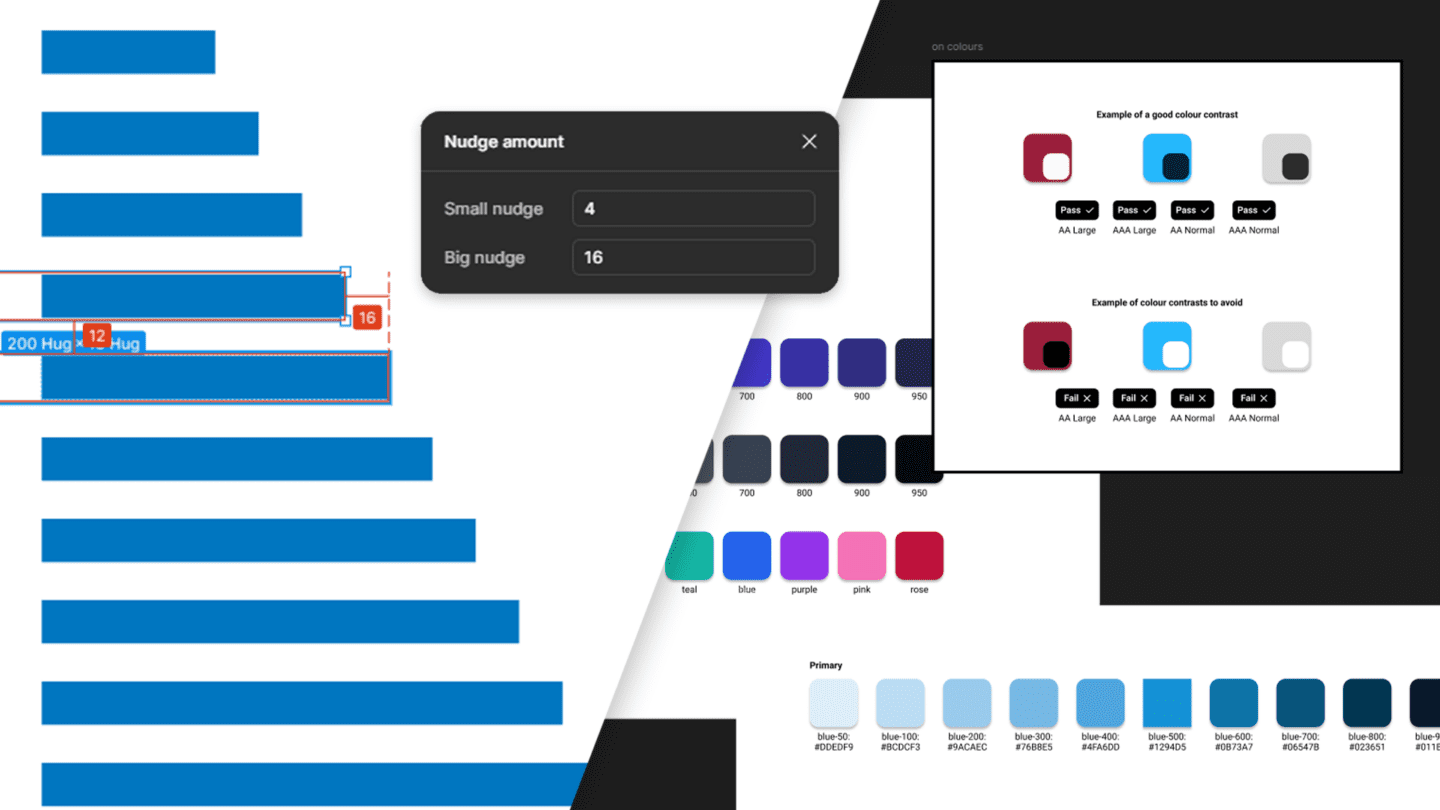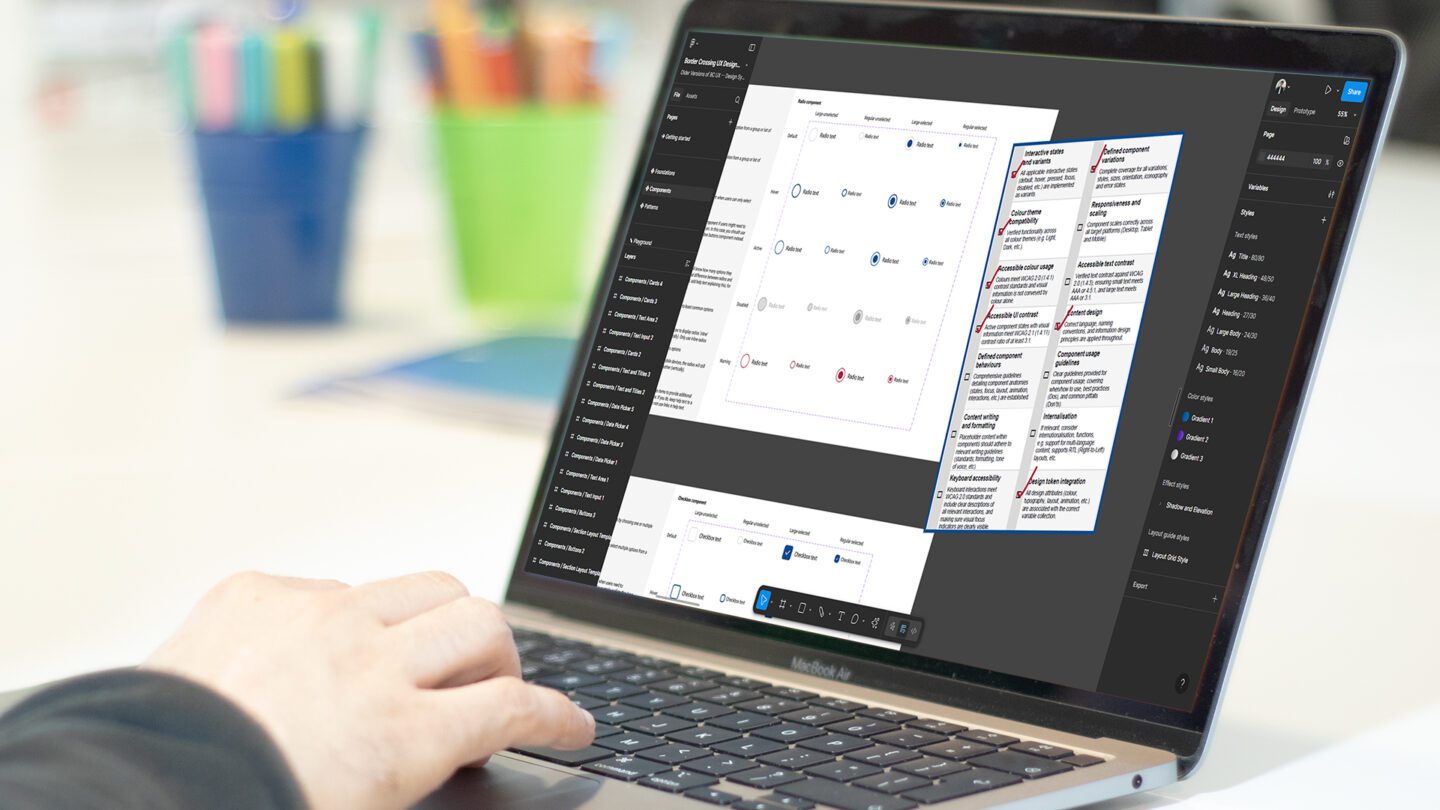On January 24th Google revealed some major updates to their privacy policy. There has been a mixed response to the changes that were announced on Google’s Official Blog, by Alma Whitten (Google’s Director of Privacy, Product and Engineering).
But what have they changed and how will it affect us all?
Why have Google changed their Privacy Policy?
Google say that the purpose of the new changes, to be implemented from the 1st of March 2012, is to provide one simple and easy to understand privacy policy across all Google Products and Services. And to be fair it does. The current policy was 6 sides of A4 long but had 35+ links to cover all the differences between the different services. The new policy is 7 sides of A4 and only links to 3 other services! The language is considerably simplified and makes sense to anyone without consulting a lawyer or technical guru. As a user experience design company I like the new policy, it is simple, understandable and compared the to last one it is much better.
I’d say there is one problem with combining all the policies into one document that I found: when you read all the data that they collect using all their products and services it can be confusing and worrying which applies to you. For example they clearly state that they may collect
‘telephony log information like your phone number, calling-party number, forwarding numbers, time and date of calls, duration of calls, SMS routing information and types of calls.’ .
They do not confirm however if they collect this information if you are logged into any Google product on your phone or just their telephone and SMS products.
What are the changes to the policy?
Google are now planning to share all information that is associated to you between it’s services and products. The aim is to give you “one beautifully simple experience” across all products by remembering your preferences, improving search results and, most lucratively for Google, a better quality of adverts.
In essence the new policy allows Google to associate all of the personal information that you give them with all of your Google user accounts. The idea is to make it easier for you to share your photos, videos, status updates with the people you know.
That all sounds good – Where’s the catch?
The catch all depends on what Google does with the data. They clearly state that they will not associate personally identifiable content, unless you ‘opt-in’, with their Double Click Cookies for their Advertising Service companies. Advertisers will still get information about your account, what you like and how you behave online, but it will be anonymised. They also state that they will never ‘sell’ their data stored on you but that does not stop them sharing it for free.
However, this is the only service that it is clearly stated will not have you personal information, such as phone number, address etc associated to it. Google will start collecting even more information about us as individuals and will be able to legally associate it to individuals. This information is extremely valuable and in the wrong hands could be seriously misued.
I don’t really believe that Google are necessarily ‘the wrong hands’ however. I certainly am not of the opinion that the Google bosses want to take over the world to form a dystopian future. I do, however, believe that they are in a data mining war with Facebook, Yahoo, Twitter and other Social Networks or search engines.
Google confirm that they will share
‘aggregated, non-personally identifiable information publicly and with our partners’
unless they have your consent to share more.
This information is worth a fortune to advertisers, marketers and product developers. If they can understand how you use the internet then they can start directing campaigns specifically target at you. If the quality of the advertising that is displayed when you are searching is more targeted then you are more likely to click through. Therefore Google and the advertisers make more money. Advertisers can also reduce the risk of developing campaigns that do not resonate with their target audience, saving them time and money.
This concept however is not a new one and has always been how the Googles’ and Facebooks’ of the World can survive whilst providing a valuable and free service. The only difference now is the quality of the data is getting better, more specific and more personal.
What are the options – can I opt out of this data collection and sharing?
In short: No.
This is where Google have received most of their critism. You cannot opt out of their new policy without opting out of using their products altogether.
They do allow you to have some control over the information that is shared and displayed to other users:
- Use the Google Dashboard on your account to review and control some types of the information tied to your account.
- Use the Ads Preference Manager to opt out of certain Google Advertising services or change your preferences.
- Check and amend your publicly available profile using the Google Editor.
- Use the Google+ circles to control the information that you share with groups of individuals.
- Download the information stored on Google services associated with you.
- Set up your browser to block cookies or to indicate when a cookie is in use. This may stop some functionality working properly.
- Apply to have any information that they hold which is wrong or incorrect to be removed and/or updated.*
Is this the start of Big Google Brother watching us? Should I change how I act online?
Not really, Google have been collecting date on us for a long time. When you sign up for their accounts it clearly states that they own all the information that is contained within them, no different from Facebook, Yahoo etc. Yet due to their size and position as the most popular gateway to the internet Google we are more aware of what they do. We are entering into a new era for online search and advertising and this could be a good thing. Google could truly lead the way for a more intuitive and fulfilling experience online.
The real issue is not what will Google do with the information that they collate, its how much information are you happy to reveal online for a free service? The majority of people I find who complain, on a personal level, about how much data is collected and shared on Google or Facebook ironically tend to be the people who share the most personal information about themselves online. We as individuals have as much responsibility to protect our own information as Google do. When you open a Google account of any nature you are entering into an agreement where they will let you use their products and services for free and they will use your data. If you then choose to share you phone number and other personal items with friends through Google services then you should be aware that you have freely given that information to them.
Ultimately it is up to you to judge whether having the full proposed Google experience will be worth the privacy you may give up.
Let us know what you think about the proposed changes and whether you think we give away too much information online.


